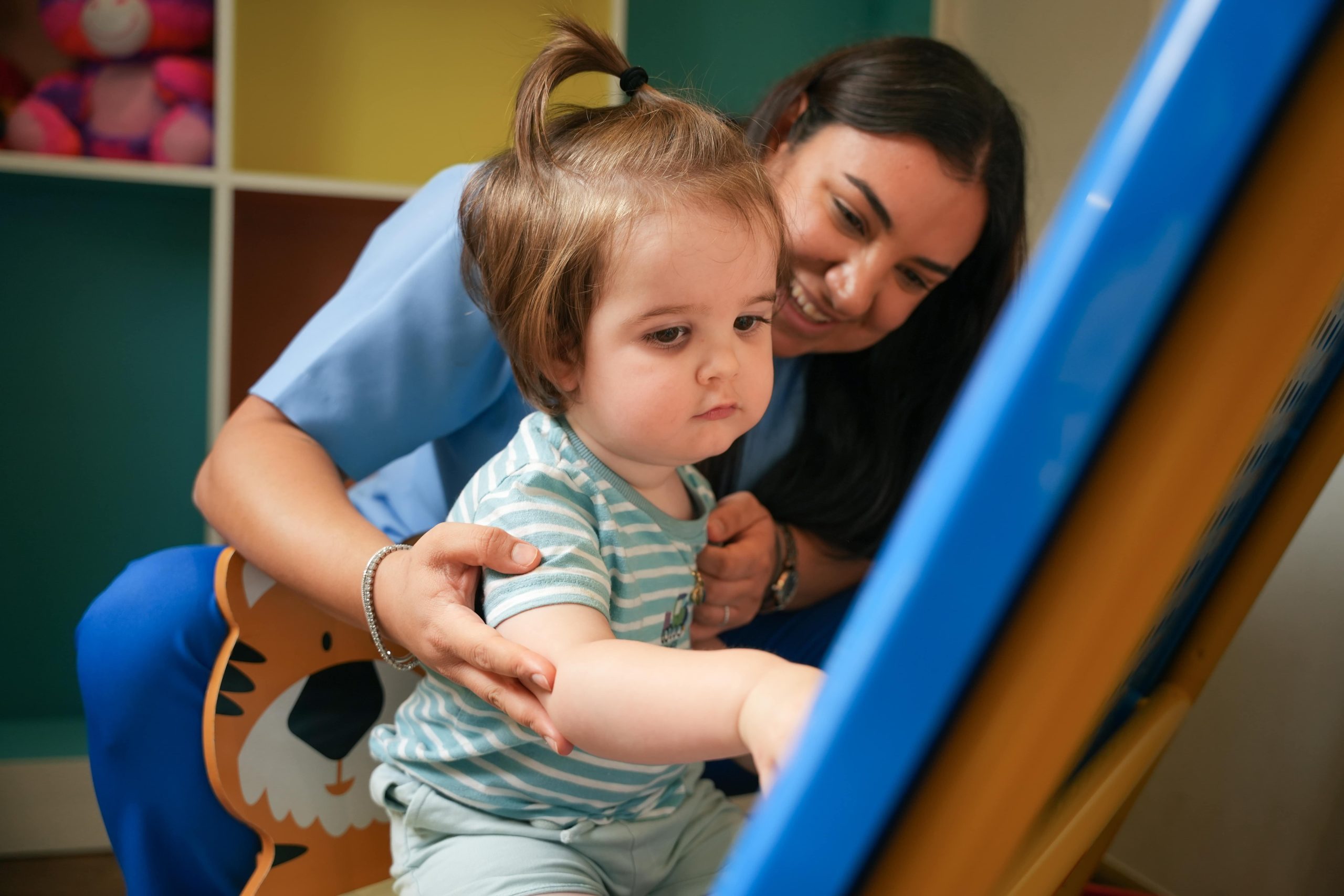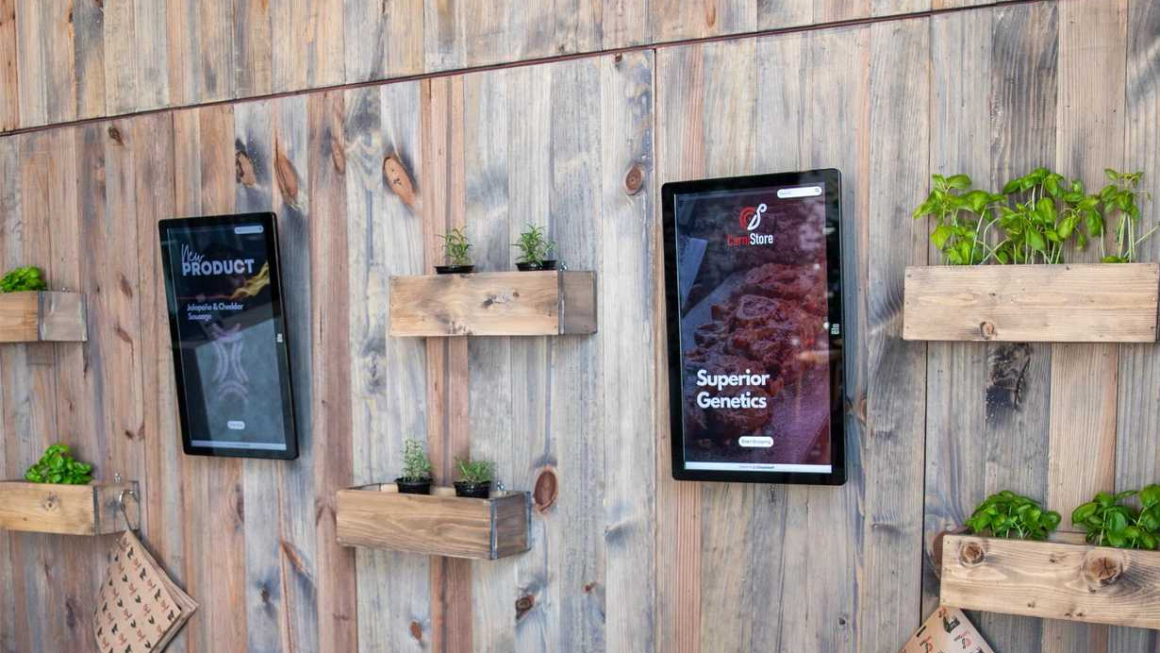When a child goes to physiotherapy, they usually spend just a short amount of time each week with their therapist. While these sessions are helpful, most of the child’s time is spent at home.
This is why it’s so important to connect what happens in the clinic to what happens at home. A pediatric physiotherapist understands that progress happens more smoothly when parents and caregivers are involved in the process at home too.
Working as a Team
The best results come when parents and therapists work together. A physiotherapist can show you simple exercises and fun ways to help your child move better. These activities are not limited within the clinic, they can become part of your daily routine. Whether it’s stretching during playtime or building strength during a walk to the park, small moments can add up.
Making Exercises Part of Everyday Life
Sometimes, exercises can seem boring or hard to remember. A good therapist will help turn them into play. For example, instead of doing leg lifts on the floor, your child might kick a ball or step over toys. These small changes make it easier to stick with the plan at home. Your therapist can also give ideas that fit your home space and your child’s likes and needs.
Keeping in Touch Between Sessions
Good communication helps keep things on track. If something isn’t working at home maybe your child doesn’t enjoy an activity or it’s too hard, it’s okay to speak up. Your physiotherapist can adjust the plan. Some families send videos or updates to their therapist to show how things are going. This helps the therapist see what’s working and what might need to change.
Building Confidence for Parents
It’s common for parents to feel unsure about doing exercises at home. But with guidance and practice, it gets easier. Your pediatric physiotherapist is there to teach you in a way that feels clear and simple. You don’t need special tools or long routines, just a few minutes each day can help your child build strength, balance, and new skills.
Therapy doesn’t end when you leave the clinic. When families and therapists work closely, children have more chances to grow and feel proud of what they can do. By bringing therapy into your home in simple and playful ways, you help your child feel supported every step of the way.



